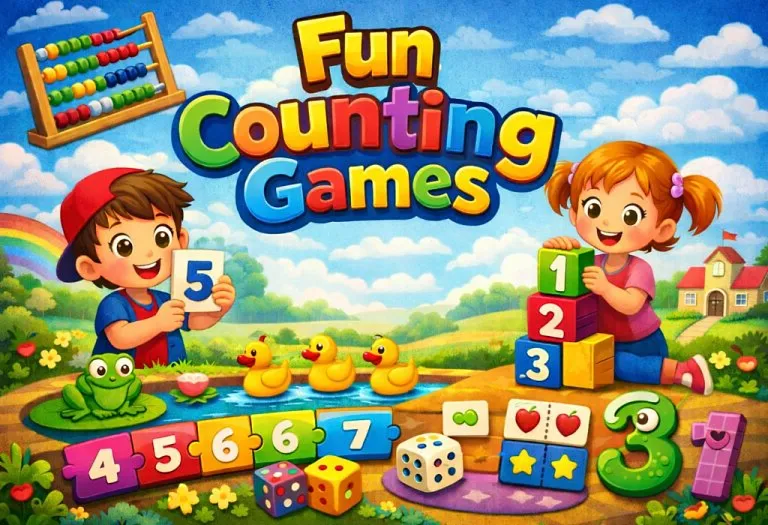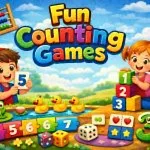Verbs That Start With F in English (With Meanings & Examples)
- What Are the Verbs Beginning With F?
- Common Verbs Starting With F
- Action Verbs That Start With F
- Positive Verbs That Start With F
- More Verbs That Begin With F
- FAQs
- Also, Discover the Verbs That Start With A to Z
Embarking on the language learning journey, especially for our youngest enthusiasts, presents an exciting world of discoveries and milestones. Building a rich and varied vocabulary for kids is a foundational block of this adventure. Today, we’re focusing on an extraordinary set of words: verbs that start with F for preschoolers and kids. These action-packed words spice up sentences and play a crucial role in expressing activities, movements, and emotions. As we dive into this topic, we aim to make learning engaging and fun, providing parents and educators with a valuable resource to enhance the linguistic skills of their little ones. Let’s explore the dynamic world of F-verbs together and how they can enrich the vocabulary of our budding scholars.
What Are the Verbs Beginning With F?
Verbs starting with F encompass many actions, states, and processes, making them a versatile and essential part of English. These verbs with F range from everyday activities to more abstract concepts, offering rich opportunities for expression and comprehension. Whether it’s “flourish,” “fumble,” or “fry,” each verb brings its unique flavour to sentences, enhancing both the speaker’s and the listener’s experience with the language.
Common Verbs Starting With F
Diving into the alphabet soup of the English language, we find ourselves amidst the fascinating realm of English verbs starting with F. This collection of verbs enriches our vocabulary and enables us to describe actions and emotions with greater precision and creativity. From the simple to the complex, these verbs form the backbone of countless expressions, making our conversations and writings more vivid and engaging. Let’s explore some of the most common verbs beginning with the letter F, uncovering their meanings and witnessing them in action through example sentences.
1. Fade
To gradually become weaker or less visible.
Example: The colours of the fabric will fade if exposed to intense sunlight.
2. Fail
To be unsuccessful in achieving a goal.
Example: He tried his best but failed to win the race.
3. Fall
To move downwards, typically rapidly and freely without control.
Example: Leaves fall from the trees in autumn.
4. Fancy
To feel a desire or liking for.
Example: Do you fancy going to the cinema tonight?
5. Fasten
To close or attach securely.
Example: Please fasten your seat belts before takeoff.
6. Fear
To be afraid of (someone or something) is likely to be dangerous, painful, or threatening.
Example: She fears dark places.
7. Feed
To give food to.
Example: Every morning, she feeds the birds in her garden.
8. Feel
To experience a sensation or emotion.
Example: After the long hike, I could feel my legs aching.
9. Fight
To take part in violence involving the exchange of physical blows.
Example: The two brothers would often fight over the most minor things.
10. Find
To discover by chance or unexpectedly.
Example: She found a lost cat in her backyard.
11. Finish
To bring something to an end or completion.
Example: He finished his homework just before bedtime.
12. Fit
To be the right size or shape for someone or something.
Example: This dress fits you perfectly!
13. Fix
To repair or correct something.
Example: He managed to fix the leaky faucet himself.
14. Flee
To run away from a place or situation of danger.
Example: They had to flee their campsite to escape the approaching storm.
15. Fly
To move through the air using wings or by the wind.
Example: Birds fly south for the winter.
Each of these verbs, starting with F, adds its unique touch to the tapestry of English, allowing speakers and writers to convey their thoughts and actions with clarity and nuance.
Action Verbs That Start With F
When we think about action, we think about movement, energy, and change. The English language is rich with action verbs that capture these dynamics vividly, and among them, those that verb start with the letter F are particularly fascinating. These verbs animate our sentences and drive the narratives forward, whether in storytelling, daily conversation, or academic writing. Let’s explore a selection of action verbs starting with F, delving into their meanings and seeing them come alive in example sentences.
1. Fetch
To go to another place to get something or someone and bring it or her back.
Example: Can you fetch me my glasses from the living room?
2. Flick
To make a sudden, quick movement, usually with something thin or flexible.
Example: With a quick flick of his wrist, he turned the book’s pages.
3. Fling
To throw or hurl forcefully.
Example: In anger, she flung the book across the room.
4. Flip
To turn over quickly; to cause to turn over.
Example: He flipped the pancake with skill.
5. Flourish
To grow or develop healthily or vigorously.
Example: Under her care, the plants flourished.
6. Flutter
To wave or flap quickly but not regularly.
Example: Flags flutter in the wind above the building.
7. Focus
To concentrate attention or effort.
Example: You need to focus more on your studies.
8. Fold
To bend something, especially paper, so that one part of it lies on the other part.
Example: She folded the letter and put it in an envelope.
9. Follow
To go or come after in the same direction.
Example: The ducklings followed their mother around the pond.
10. Forbid
To refuse to allow something, especially officially.
Example: The law forbids smoking in public places.
11. Force
To make someone do something against their will.
Example: The situation might force us to change our plans.
12. Forge
To develop something new, especially a strong relationship with others.
Example: They forged a lasting friendship during their college years.
13. Formulate
To develop all the details of a plan for doing something.
Example: The committee will formulate a new strategy to increase membership.
14. Foster
To encourage the development of something, especially something desirable.
Example: The teacher’s support fostered a love of literature in her students.
15. Freeze
To become hardened into a solid body, stop moving or become immobilised.
Example: Water freezes at 0°C or 32°F.
These action verbs, starting with F, demonstrate the versatility and dynamism of the English language, offering speakers and writers powerful tools to convey action and emotion effectively.
Positive Verbs That Start With F
In every language, certain words carry the light of positivity, uplifting spirits and encouraging progress. Among these, positive verbs that start with F stand out for their ability to infuse sentences with optimism, action, and encouragement. These verbs are not just about actions but about positive actions that can lead to positive outcomes. Let’s delve into some of these cheerful verbs, exploring their meanings and seeing them shine in example sentences.
1. Facilitate
To make an action or process more accessible.
Example: The new app facilitates easier communication between teachers and parents.
2. Felicitate
To congratulate or express happiness to someone.
Example: The mayor felicitated the students for their outstanding academic achievements at the awards ceremony.
3. Foment
To instigate or encourage the development of something, often with the implication of stirring up activity or change.
Example: The activists sought to foment a public discussion about environmental conservation by organising community events and awareness campaigns.
4. Forgive
To stop feeling angry toward (someone) for a flaw or mistake.
Example: He learned to forgive his enemies and move on.
5. Fortify
To strengthen (someone) mentally or physically.
Example: A healthy breakfast can fortify you for the day ahead.
6. Free
To release from confinement, bondage, obligation, pain, etc.; make free.
Example: The program aims to free young people from the cycle of poverty.
7. Fulfill
To achieve or realise (something desired, promised, or predicted).
Example: He fulfilled his dream of becoming a pilot.
8. Funnel
To channel or direct toward a particular end or object.
Example: The charity funnels donations directly to those in need.
9. Fuse
To join or blend to form a single entity.
Example: Different cultures fuse in this vibrant city.
10. Fathom
To understand (a complex problem or an enigmatic person) after much thought.
Example: She finally fathomed the solution to the complex puzzle.
11. Favour
To treat or regard with preference or partiality.
Example: The teacher does not favour any student over others.
12. Fascinate
To attract and hold attentively by a unique personal charm, unusual nature, or some other exceptional quality.
Example: The magician’s tricks fascinated the children.
13. Fan
To stimulate or excite (someone’s interest or enthusiasm).
Example: The preview was meant to pique fan’s interest in the new movie.
14. Freshen
To make fresh, rejuvenate, or revive.
Example: A quick walk outside will help to freshen your mind.
15. Fraternise
To form a friendship with someone, especially when not supposed to.
Example: She often fraternises with her colleagues after work for team building.
These positive verbs, starting with F, showcase the language’s capacity to express hope, improvement, and benevolent actions. They remind us of the power of words to encourage and uplift, both in our writing and daily interactions.
More Verbs That Begin With F
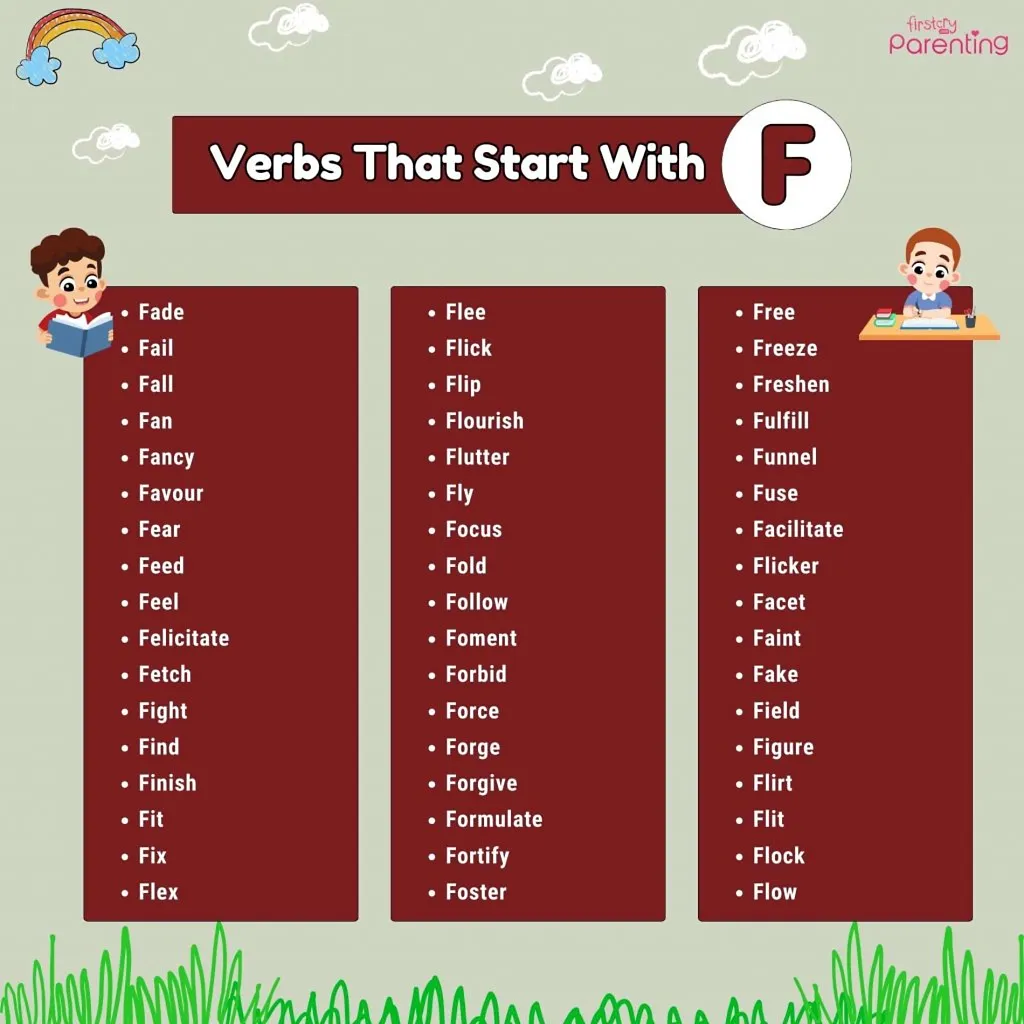
Beyond the common, action, and positive verbs we’ve explored, English offers an even broader spectrum of verbs starting with F. These verbs encompass a variety of actions, emotions, and states, further expanding our ability to express ourselves with precision and colour. To give you a more comprehensive look at the depth and diversity of verbs beginning with F, let’s dive into a list of 50 additional verbs we still need to cover.
| Verbs | ||
| Fabricate | Fertilise | Flicker |
| Facet | Fizzle | Flinch |
| Faint | Fib | Federate |
| Fake | Fiddle | Flirt |
| Falsify | Field | Flit |
| Falter | Figure | Flock |
| Flounder | Filch | Flop |
| Flounce | File | Feign |
| Familiarise | Fill | Flout |
| Flex | Film | Flow |
| Flay | Filter | Flower |
| Far | Finalise | Fluctuate |
| Fantasise | Finance | Fluff |
| Fashion | Fine | Fluster |
| Fast | Finesse | Faze |
| Fatten | Finger | Feint |
| Fawn | Freckle | |
FAQs
1. What are some easy verbs that start with F for kids to learn?
Easy verbs starting with F for kids to learn include “find,” “fly,” “fall,” and “fix,” each offering simple and relatable actions that young learners can easily understand and use in their daily conversations.
2. How can learning verbs that start with F improve English vocabulary?
Learning verbs that start with F can significantly improve English vocabulary by expanding the range of actions and states one can describe, enhancing oral and written communication skills with more precise and varied expressions.
Also, Discover the Verbs That Start With A to Z
| Aspire | Notice |
| Build | Open |
| Create | Participate |
| Drive | Quicken |
| Excel | Read |
| Forgive | Sing |
| Give | Try |
| Hope | Understand |
| Imagine | Value |
| Juggle | Win |
| Keep | Xeriscape |
| Lead | Yell |
| Motivate | Zonk |
Exploring verbs that start with F unveils a treasure trove of linguistic possibilities, enriching our vocabulary and empowering our communication. From actions that animate our narratives to positive verbs that uplift and encourage, the diversity and richness of these words are integral to expressing ourselves with clarity and vibrancy. Embracing these verbs in our daily use of English enhances our language skills and deepens our appreciation for the nuances and beauty of verbal expression.
Also Read: Verbs That Start With A to Z
| A | B | C | D | E | F | G | H | I | J | K | L | M |
| N | O | P | Q | R | S | T | U | V | W | X | Y | Z |
Was This Article Helpful?
Parenting is a huge responsibility, for you as a caregiver, but also for us as a parenting content platform. We understand that and take our responsibility of creating credible content seriously. FirstCry Parenting articles are written and published only after extensive research using factually sound references to deliver quality content that is accurate, validated by experts, and completely reliable. To understand how we go about creating content that is credible, read our editorial policy here.






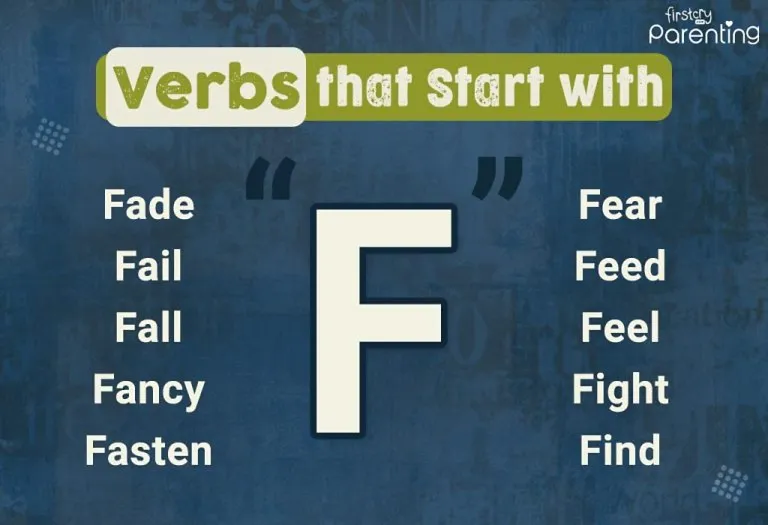
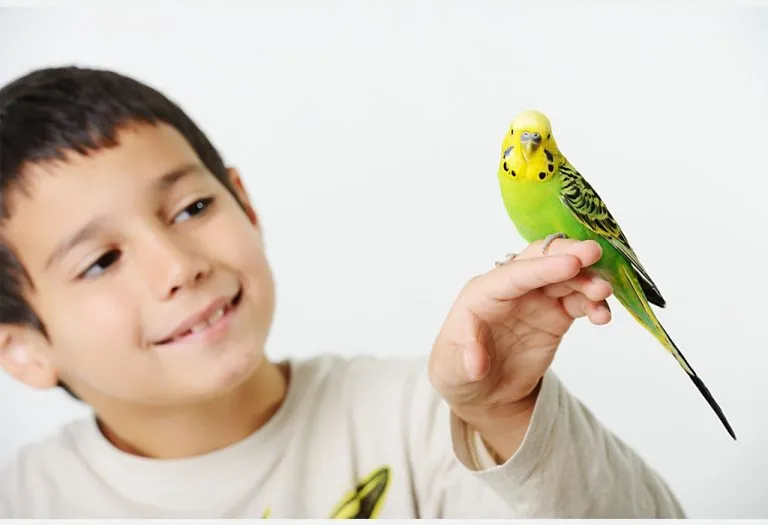






.svg)









